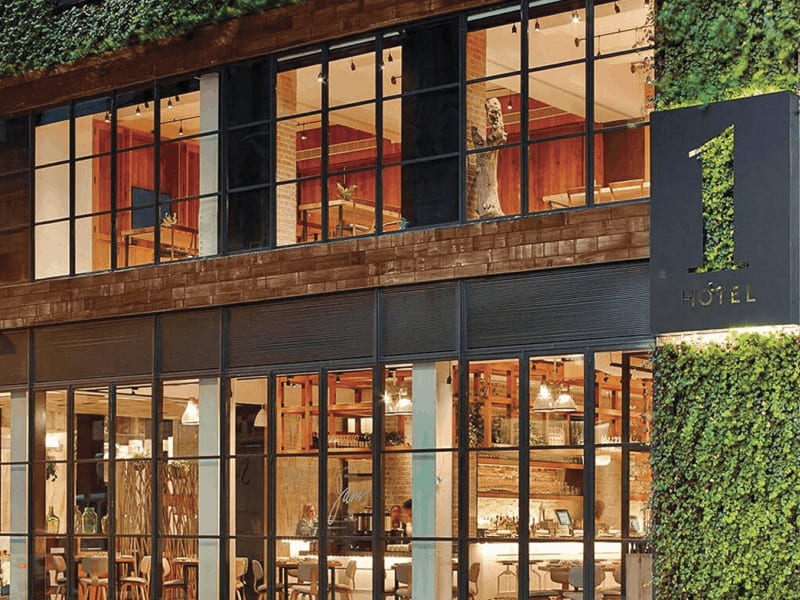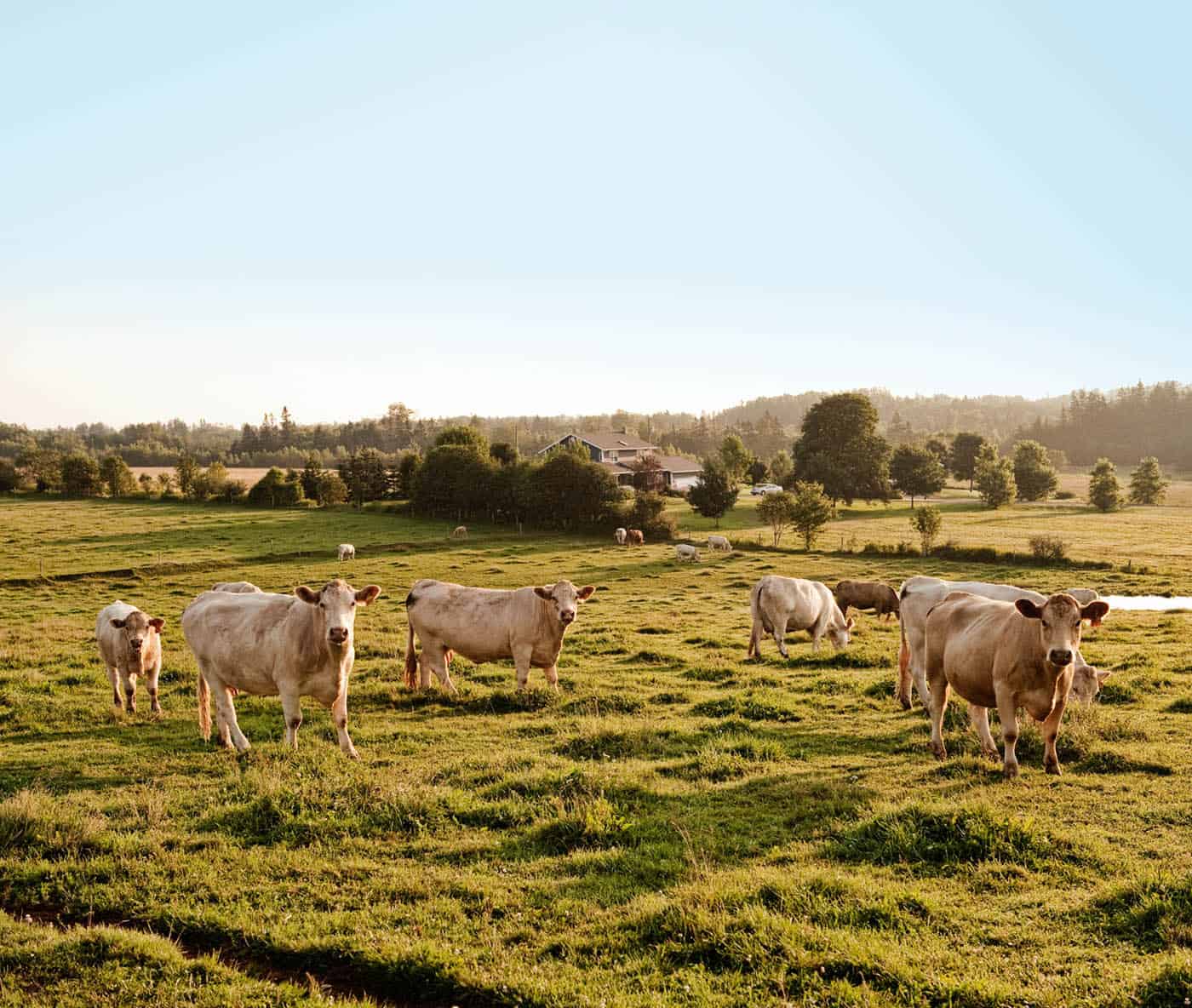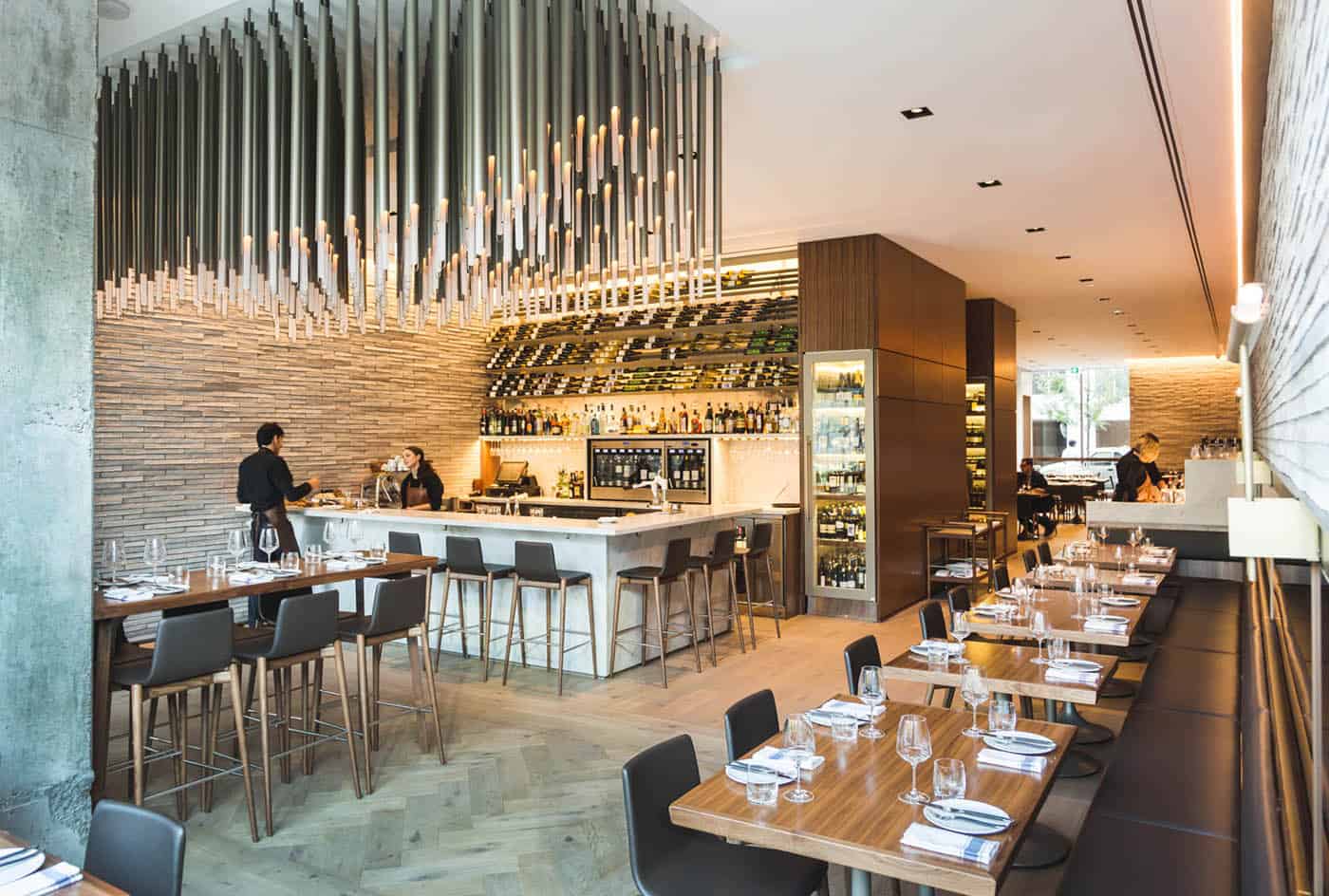
Indulging your wanderlust is one of life’s greatest pleasures. But with the growing swell of concern over the environment, conscientious frequent flyers are posing the question: can you travel without leaving a trace?
Happily, hotels—both boutique and big-name—are going beyond reducing, reusing and recycling, implementing eco-initiatives that range from banning single-use plastics to starting compost gardens and using wood-burning ovens to power hot tubs. These acts fall under the three pillars of sustainable travel: environmental (recycling water, using renewable energy), social-cultural (protecting ecological and cultural landmarks and heritage) and economic (supporting local communities and treating employees ethically).
Tofino’s Wickaninnish Inn is a sustainability pioneer; it has been pushing an environmental agenda since its doors swung open in 1996. To them, land stewardship isn’t a trend, but an obligation: the exterior of the hotel (much of it made from reclaimed wood from the property) was designed to feel like part of the terrain so that the natural landscape is uninterrupted to the eye. Toronto’s soon-to-open 1 Hotel adopts a similar approach. The property, which will inhabit the shuttered Thompson Hotel, will use both existing and reclaimed building materials—such as timber, driftwood and limestone culled from the local community—to build the property. Sustainability efforts thread through all 1 Hotels’ locations: keycards are made from recycled wood, hangers from 100% recycled materials, and paper note- pads are swapped out for in-room chalkboards.
Leaning on locality, Cambridge’s Langdon Hall works with students from the nearby University of Waterloo’s Sustainability and Environmental Business program to create solutions on the property: through
its wells, cisterns and collection of runoff water, the Relais & Châteaux establishment is now mostly self-sufficient in its water for guests and its gardens and lawns. Meanwhile, Nova Scotia’s Trout Point Lodge encourages employees to pursue studies in their chosen field, be it through online education or on-the-job training. The getaway also recently sold 100 acres of land back to the province so that it can be transitioned into a public wilderness area, and it spear-headed the creation of the Mi’kmaq Lands Starlight Tourist Destination and Reserve.
It may be the small efforts that go the farthest. The Wickaninnish Inn collects all partially used bath products, the ends of soaps and such, and donates them to Clean the World, where they’re repurposed and given to communities in need. At Langdon Hall, guests can pedal the property on bicycles made from recycled Nespresso coffee capsules. Marriott International has vowed to ban single-use plastic (think little shampoo bottles and plastic straws) from its properties by 2020. Although these eco-commitments may seem like small offerings to Mother Nature, choosing an eco-conscious hotel is one step we can take to lessen our personal footprint.



